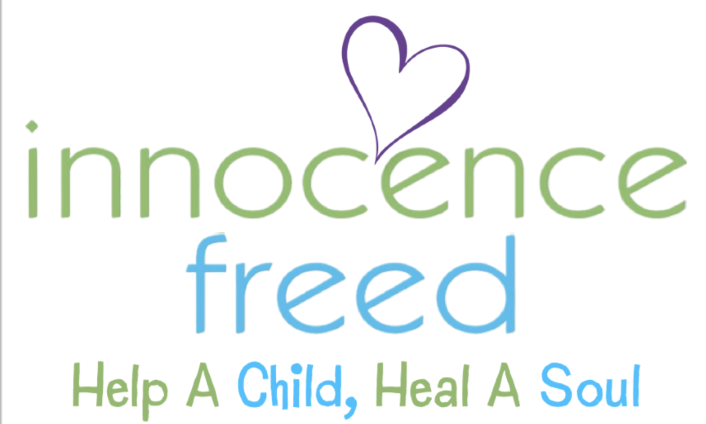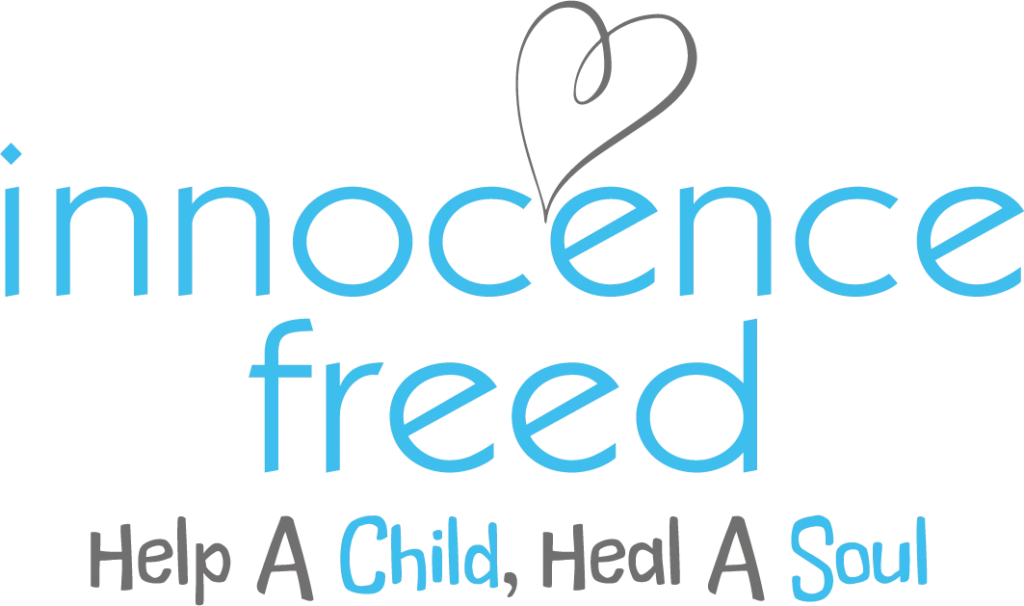Programs & Services
Our Programs and Services
Healing & Recovery Services
At Innocence Freed, we walk with survivors through every step of their healing journey; restoring mind, body, and spirit through trauma-informed, Christ-centered care. Our programs serve both minors and adult women and now include expanded community services, equine-assisted programming, and specialized support for youth in the Douglas County Youth Center.
Drug & Alcohol Recovery Support
We help survivors build lasting freedom from addiction through compassionate, professional support:
- Case Management with experienced recovery professionals
- One-on-One Counseling with licensed addiction specialists
- Mentoring from trained, lived-experience leaders
- Group Therapy for peer support and shared healing
- Relapse Prevention to identify triggers and strengthen coping skills
- Aftercare Planning for long-term sobriety
- Alcoholics Anonymous and Biblical 12-Step Recovery Program
- Direct Care Assistance for immediate stabilization, essentials, and transportation
Core Life Skills for Survivors
We equip survivors with the practical skills needed for stability, independence, and long-term success:
- Financial literacy, budgeting, and managing daily expenses
- Employment readiness and workplace professionalism
- Time management, organization, and routine building
- Healthy relationships, safety planning, and boundaries
- Communication skills, conflict resolution, and problem-solving
- Decision-making, critical thinking, and confidence building
- Self-care, nutrition, wellness, and emotional regulation
- Parenting and family strengthening
- Household skills: cleaning, cooking, grocery planning
- Technology education & online safety
- Transportation assistance, including rides and navigation training
- Stress management, biblical mindfulness, and resilience
- Civic engagement and accessing community resources
- Public speaking training for those who desire to share their story
Mental Health Support
We partner with licensed therapists and professionals who provide trauma-informed mental health services that foster deep emotional restoration:
- Individual Therapy for trauma, anxiety, depression, and CPTSD
- Support Groups for compassion, connection, and shared healing
- Crisis Intervention for urgent emotional needs
- Creative Therapies, such as art and music
- Mental Health Education to strengthen understanding and resilience
Youth Center – Teen Girls’ Group and Classes
Innocence Freed provides weekly trauma-informed classes to detained teen girls at the Douglas County Youth Center. Topics include:
- Self-worth and identity
- Online safety and recognizing exploitation
- Healthy relationships and boundaries
- Emotional regulation and coping skills
- Prevention, empowerment, and leadership
These sessions serve as intervention, education, and hope for youth at high risk for future exploitation.
Equine-Assisted Programs
Our equine programs provide powerful experiential healing for both minors and adults:
Equine-Assisted Psychotherapy (TF-EAP)
A trauma-focused treatment model using horse interaction to promote emotional healing, trust, regulation, and connection, especially for youth survivors.
Equine-Assisted Learning (EAL)
Hands-on, guided activities that strengthen life skills, confidence, discipline, teamwork, and emotional control.
FBEAP – Faith-Based Equine-Assisted Philosophy
Grounded in biblical truth, this model guides survivors to:
- Expose unhealthy thought patterns (Romans 12:2 – renewing the mind)
- Replace them with God’s truth (John 8:32 – freedom through truth)
This spirit-led process helps survivors step into the peace, purpose, and identity God has called them to live.
Innocence Freed remains the only program in Nebraska offering Christ-centered Equine-Assisted Learning at no cost specifically for survivors of trafficking. All sessions are facilitated on private property to ensure confidentiality, safety, and deep emotional care.
Youth & Adult Aftercare Programs
Our aftercare services provide long-term support for both minors and adults through:
- Therapy and counseling\
- Evidence-based curriculum used in the programs
- Educational support and tutoring online and in-person
- Recreation and wellness activities
- Life-skills development
- Mentorship and spiritual guidance
- Trauma-informed support groups
- Placement and referral services
Residential Healing for Child Survivors
We are actively working to establish a residential recovery home for minor girls and adult women who have been trafficked or exploited. This trauma-informed program will provide:
- Stable, 24/7 care
- On-site therapy and mental health support
- Education and academic coordination
- Medical care and case management
- Life-skills, recreation, equine therapy, and spiritual care
- A secure, nurturing home environment where girls can heal and thrive
Our program aims to create a safe, supportive, and therapeutic environment where individuals can receive the care they need to achieve lasting recovery and mental wellness.
We offer flexible support for students and working survivors by:
- Extending hours & drop-in availability
- Offering childcare during groups
- Meal planning, errands, and wellness activities
- Social engagement and peer connection
Our Commitment to Survivors
About Our Aftercare Services
At Innocence Freed, we believe every survivor deserves a chance to heal and live a hopeful life. Our trauma-informed aftercare services provide emotional support, therapy, and life skills to help survivors recover and rebuild with dignity.
Why Survivors Need This Support
Many survivors face challenges like poverty, broken family systems, and past trauma that make recovery difficult. We work with trusted partners—medical, mental health, and addiction professionals—to offer compassionate, wraparound care that truly meets each person’s needs.
Restoring Hope & Independence
Everything we do is rooted in compassion, connection, and a commitment to helping survivors build a stable, self-sufficient future. With the right care, healing is possible—and survivors can thrive.
Sobriety & Medication Management
Sobriety is a vital step in recovery, and we take it seriously.
- Personalized plans balance mental health and physical wellness
- Non-addictive medications are prioritized when possible
- Survivor education empowers informed choices
- Ongoing support helps prevent relapse and builds accountability
Healing Therapies & Life Tools
Our program includes a variety of trauma-informed, faith-friendly treatments. At Innocence Freed, we believe in the power of restoration, hope, and freedom. With compassion, experience, and faith, we walk alongside every survivor on their journey to freedom.
- TF-CBT & EMDR to process trauma
- Somatic & DBT therapies to regulate emotions and reduce stress
- Art, music & writing to safely express emotions
- Group therapy & peer support to reduce isolation
- Life skills & job training for future independence
- Mindfulness & Christ-centered wellness for inner peace and balance
Restoring Hope & Independence
Everything we do is rooted in compassion, connection, and a commitment to helping survivors build a stable, self-sufficient future. With the right care, healing is possible—and survivors can thrive.

